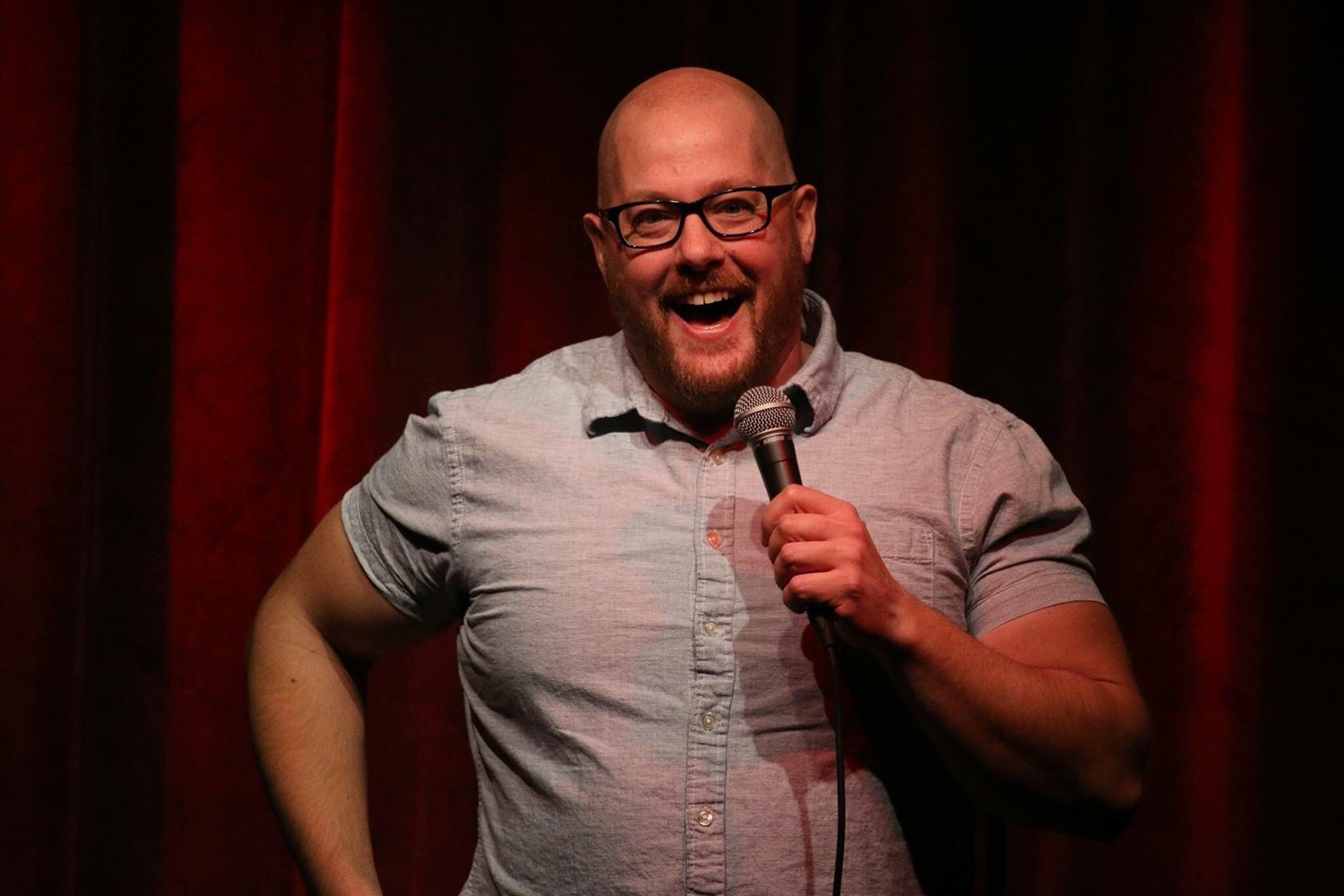Episode #276: More Metric Mania!
What you can measure you can manage. Tying metrics to strategy has become critical in business, and this can create all sorts of moral hazards. An article from the September-October 2019 issue of Harvard Business Review explored some of these hazards in “Don’t Let Metrics Undermine Your Business,” by Michael Harris and Bill Tayler. Ed and Ron dig into this article and continue a long-standing conversation about metrics. Below are a few key points. Click play above to listen to the episode.
Strategy is abstract: metrics give it form. Strategy is blueprint: metrics are concrete, wood, drywall, bricks
Trap: focusing on the metrics that represent the strategy.
Wells Fargo opened 3.5M deposit and CC accounts without customer consent—cross-selling strategy (“Eight is great”). This scandal led to the following costs:
Initial fines ($185M)
Reimburse customers: $6.1M
Class-action lawsuit: $142M
2017, accrued $3.25B for future litigation expenses
2018, Fine by Consumer Financial Protection Bureau (CFPB) $1B, and Office of the Comptroller of the Currency (OCC)
CEO Timothy Sloan resigned March 2019
Wells Fargo Bank never had a cross-selling strategy—it had a cross-selling metric! Its strategy was to build long-term relationships but it was hijacked by numbers.
The authors describe this as surrogation: mentally replace a strategy with metrics. They lay out three strategies for reducing surrogation:
Get people responsible for implementing strategy to help formulate it
Loosen the link between metrics and incentives/compensations
Use multiple metrics—no single metric captures the strategy
“As long as measurements are abused as a tool of control, measuring will remain the weakest area in a manager’s performance.”
Ed and Ron also answered the following email question from Jean:
Ron & Ed -
As a fan of your podcast, I thought I would reach out with my question. I co-founded a firm 3 years ago to provide accounting as a service. We target small & mid-size companies who need all the skill sets of a larger company accounting department without all the people. We are growing and would like to add profit sharing and/or bonus to our compensation. I am interested in metrics that other firms use for measuring profitability in general and for compensation. Do you have any recommendations?
Regards,
Jean
[See our Episode #243: Team Member Compensation for Ed’s formula on profit-sharing]
Other books and resources mentioned during the show include:
“I Wish Drucker Never Said It,” September 9, 2015 blog post by Bill Hennessy.
“The rule is simple: be careful what you measure,” The Guardian, February 9, 2008.
Ed’s blog post: “Rethinking Peter Block’s Questions,” VeraSage Institute, December 15, 2010.
The Sum of Our Discontent: Why Numbers Make Us Irrational, David Boyle.
Uncharitable (Civil Society: Historical and Contemporary Perspectives), by Dan Pallotta.
The Great Game of Business, Expanded and Updated: The Only Sensible Way to Run a Company, Jack Stack.
Episode #12: The Moral Hazards of Measurement.
Episode #243: Team Member Compensation.
Bonus Content is Available As Well
Did you know that each week after our live show, Ron and Ed take to the microphone for a bonus show? Typically, this bonus show is an extension of the live show topic (sometimes even with the same guest) and a few other pieces of news, current events, or things that have caught our attention.
Click the “FANATIC” image to learn more about pricing and member benefits.
Here are the books Ron and Ed discussed during the bonus episode this past week:
You Are Richer than John D. Rockefeller - How much money would it take for you to live 100 years ago?
Why Is Every Streaming Service Using the Same Pricing Model? - Remember the not-so-long ago days when Netflix was the king of streaming services?







